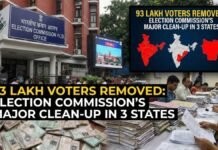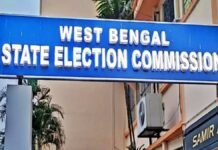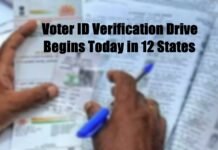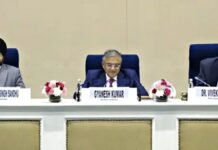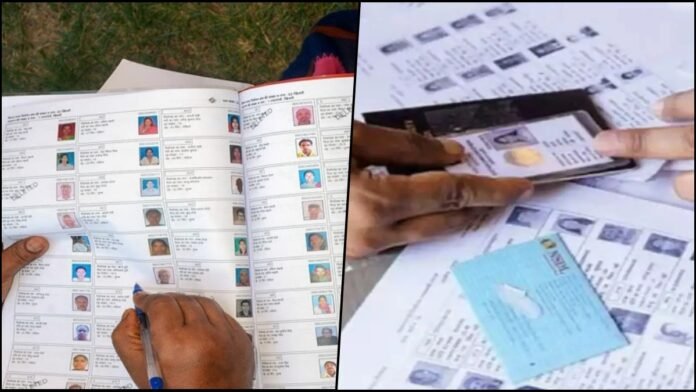
Key Points
- The Election Commission (EC) has initiated a Special Intensive Revision (SIR) of the electoral rolls in Delhi to ensure an accurate and error-free voter list.
- The verification process will use the 2002 voter list as a baseline, which has been uploaded to the Delhi Chief Electoral Officer’s (CEO) website.
- Booth Level Officers (BLOs) will conduct door-to-door surveys to collect documents as part of a verification drive set to be completed by October 26, 2025.
- Voters not on the 2002 list must provide additional identity proof, such as Aadhaar, along with their enumeration form.
- This exercise follows a controversial SIR in Bihar that saw the number of registered voters drop significantly, prompting legal and political challenges.
New Delhi: Following a contentious revision process in Bihar, the Election Commission of India (ECI) has now begun preparations for a Special Intensive Revision (SIR) of voter lists in New Delhi. The objective of this nationwide exercise is to create a clean, accurate, and error-free electoral roll by verifying every voter’s eligibility.
The Delhi Chief Electoral Officer’s (CEO) office has started training all relevant officials, including District Election Officers and Booth Level Officers (BLOs), for the upcoming drive. As part of the process, BLOs will conduct house-to-house visits to collect necessary forms and documents, with the verification scheduled to be completed by October 26, 2025.
How the Verification Process Works
The foundation of the Delhi SIR is the voter list from 2002, which has been uploaded to the Delhi CEO’s website for public access. To assist voters, current assembly constituencies have been mapped to their corresponding 2002 boundaries.
The verification steps are as follows:
- Voters whose names appear on both the 2002 and current voter lists only need to submit an enumeration form along with an extract from the 2002 list.
- If a voter’s name is missing from the 2002 list but their parents’ names are present, they must submit the enumeration form, an extract showing their parents’ names, and an additional proof of identity.
- If neither the voter nor their parents are on the 2002 list, they will need to provide identity and residence proofs to establish their eligibility.
The Shadow of the Bihar Controversy
The SIR in Delhi is part of a national rollout that gained significant attention after its implementation in Bihar ahead of its state elections. The process there was met with sharp criticism from opposition parties, who alleged that the ruling party was attempting to disenfranchise lakhs of eligible voters from marginalized communities.
The Bihar SIR resulted in the number of registered voters dropping from approximately 7.9 crore to 7.24 crore. The Election Commission stated this was due to the removal of 22 lakh deceased voters, 36 lakh who had permanently shifted, and about 7 lakh who were registered in multiple places. The controversy reached the Supreme Court, which directed the EC to ensure no eligible voter is wrongfully removed from the rolls. The primary stated goal of the nationwide SIR is to protect the integrity of the electoral process by identifying and removing ineligible individuals, including foreign migrants.
)



































